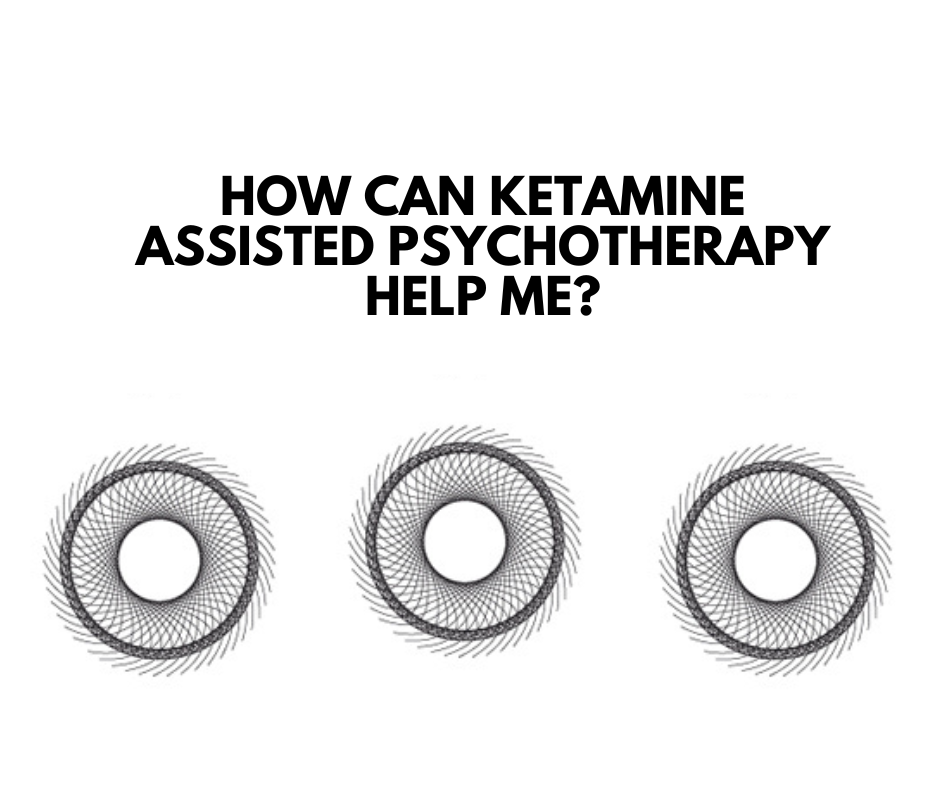As we reach the final installation of this important series, let’s boil things down to a more personal level. Ultimately, your perception of any treatment protocol is going to be based on your experiences with it. Ketamine-Assisted Psychotherapy (KAP) is obviously no different. You can know the history and the mechanisms but you still want to know how can KAP help you.
So, after a very brief refresher, let’s do our best to lay out the many benefits and possibilities of a unique and effective approach. KAP just might be exactly what you’ve been looking for.
KAP Refresher
Ketamine is a widely used anesthetic that was found to effectively treat depression. This was the genesis of it becoming a successful modality called Ketamine-Assisted Psychotherapy (KAP). Usually dispensed in the form of a lozenge, ketamine induces a trance-like state in which the client can safely process negative emotions and memories. These sessions are alternated with talk-only sessions that help the client integrate their experiences into everyday life.
KAP works, in part, by increasing your brain’s neuroplasticity. It bypasses the serotonin route and gets directly to the glutamate neurotransmitter. This is one of the reasons why KAP works faster than anti-depressants.
How Can Ketamine-Assisted Psychotherapy Help Me?
KAP is not only for treating depression but it has gained much traction recently in that realm. So, let’s view it through the lens of depression. KAP offers you:
Rapid Symptom Relief
It is not unusual to experience results, not in a matter of weeks or days — but in hours. This is not guaranteed, of course, but it is one of the most appealing aspects of exploring KAP.
Sustainable Symptom Relief
The impact ketamine has on your brain is not a one-shot deal. Even a single session of KAP is a catalyst for the kind of brain changes that set you up for lasting symptom relief. This is not about a single session, however. Subsequent sessions are not about creating new effects but rather they are designed to sustain the relief you have already achieved.
Proven Efficacy
People who have been unable to find relief from other treatments or medications are drawn to KAP for its stellar research results. Since KAP is relatively new, it can’t lean on a long-term record yet. What is known about it now is quite promising.
Not Just for Depression
To repeat, KAP is being used on patients with many different conditions, e.g.
- Bipolar
- Anxiety
- Disordered Eating
- Post-Traumatic Stress Disorder (PTSD)
- Obsessive-Compulsive Disorder (OCD)
Some Other General Benefits of KAP
- Pain reduction
- Decreases your need for traditional painkillers
- Keeps your mind calmer
- Improves your mood
- Promises new cell growth in your brain
- Feeling reconnected to the world around you
Keep in Mind
Ketamine, like all drugs, comes with a risk of side effects. These can include:
- Dizziness
- Confusion, feeling “spacey”
- Drowsiness
- Numbness
- Vomiting and nausea
- Double vision or other visual distortions
- A general feeling of unease
- Dissociation
- Feeling like you are floating
- Difficulty speaking
Also, ketamine has addictive properties. As highlighted in part one of this series: If you are susceptible to addiction, this needs to be a big part of the pre-treatment conversations. While KAP can be effective in treating addictions, ketamine can be addictive, too.
So, is Ketamine-Assisted Psychotherapy Right For You?
After four posts on the topic, I’m guessing you have drawn come opinions and conclusions about KAP. The next step is to talk with a mental health professional to clarify and confirm. On that note, we’d love to hear from you soon. Let’s connect for a free and confidential consultation to discuss all remaining nuances of Ketamine-Assisted Psychotherapy.




